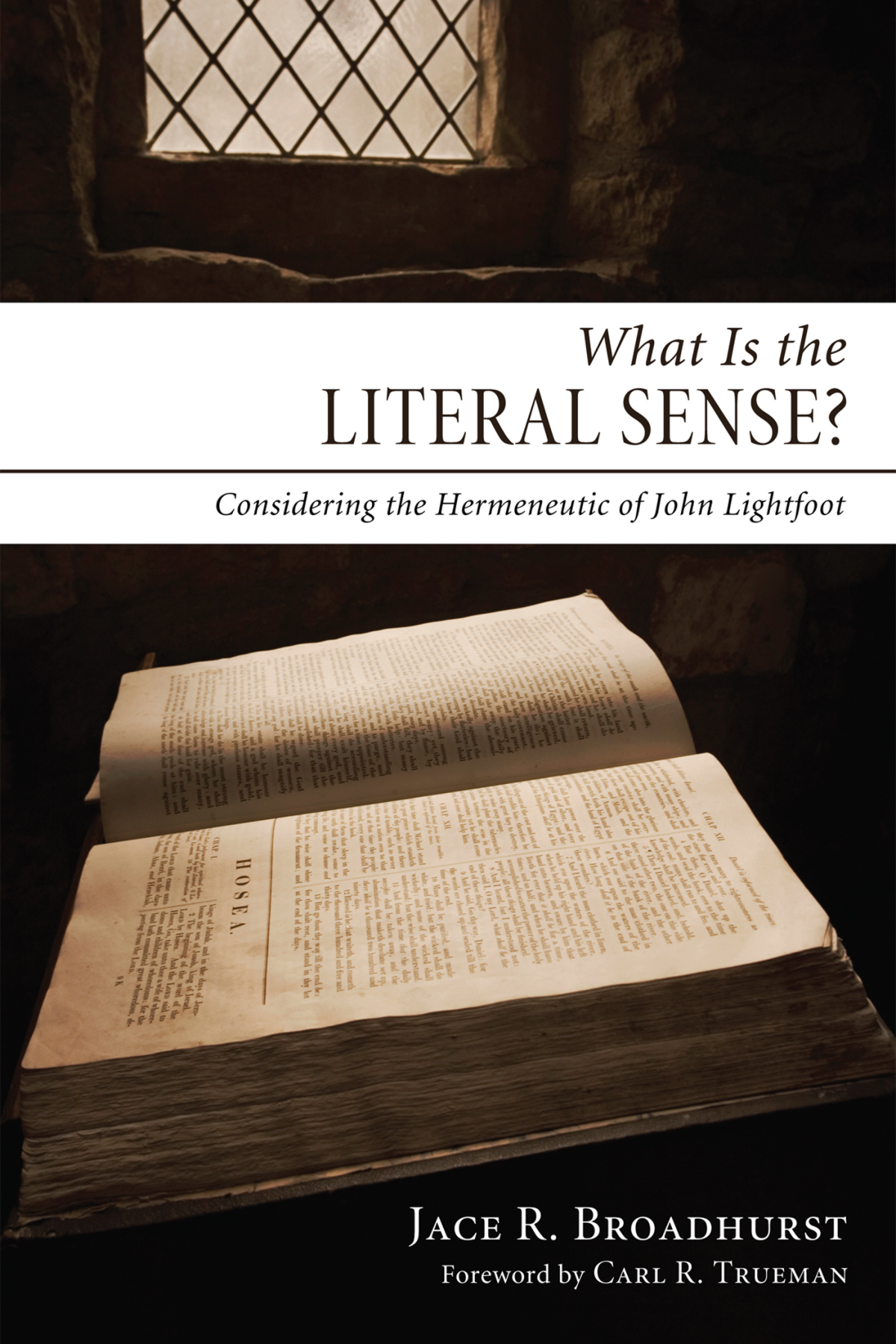

Most ebook files are in PDF format, so you can easily read them using various software such as Foxit Reader or directly on the Google Chrome browser.
Some ebook files are released by publishers in other formats such as .awz, .mobi, .epub, .fb2, etc. You may need to install specific software to read these formats on mobile/PC, such as Calibre.
Please read the tutorial at this link: https://ebookbell.com/faq
We offer FREE conversion to the popular formats you request; however, this may take some time. Therefore, right after payment, please email us, and we will try to provide the service as quickly as possible.
For some exceptional file formats or broken links (if any), please refrain from opening any disputes. Instead, email us first, and we will try to assist within a maximum of 6 hours.
EbookBell Team

5.0
20 reviewsInvariably, people who read Scripture are forced to answer the question, "What is the 'literal sense'?" This question is not new. In the seventeenth century, John Lightfoot--signer of the Westminster Confession of Faith and a master of Hebrew and of rabbinic writings--wrestled with the same question, and his conclusions had a profound impact in the world of hermeneutics. In an age of much animosity towards the Jews, Lightfoot embraced the insights found in the Jewish writings while staying grounded in his reformational dogmatic theology. In so doing, his exegesis could properly be considered a via media between Reformed Scholasticism and Judaism. Lightfoot's hermeneutical principles and presuppositions outlined in this book not only provide valuable insight into his thinking but also reject the previously normative notion that Reformed Scholasticism has little to offer dogmatically or exegetically. The current tensions between systematic and biblical theology, the rise of interest in Second Temple and medieval Judaica, and the never-ending question of biblical authority make What Is the Literal Sense? an important read.